Coin collecting guide on how to clean corroded coins, common coin cleaning methods for copper pennies, and other collectible coins like corroded old Roman coins
The truth about cleaning coins has remained to be full of uncertainties. Until today, debates about this still go on even among professional numismatists.
Is it really not safe to clean your collectible coins?
As a general rule, it is not advised to clean old coins and other collectible coins especially when you do not know their numismatic value. Coin experts and buyers would usually prefer coins to be in their original state and condition. Most of the time, cleaning the coins only decreases their value.
Ask coin experts about cleaning corroded coins
Before thinking about cleaning corroded coins with vinegar, baking soda, jewelry and metal polish, coke, detergent and all other coin cleaners available in the market; always have your coins checked by a professional and reliable numismatist first. When shopping, travelling, booking cheap flights, or purchasing any new product it is advisable to do the proper research. The same can be said with caring for your valuable collection of coins. In storage and cleaning finding a reliable source of expert information should be the first step.
This way you will know about the qualities of the coin that you own and whether it is safe & worth to clean it or leave it as is. Valuable, graded, and high graded coins should not be cleaned.
Many new coin owners clean their coins to make their coin collection look nicer and appear valuable – without consulting a coin expert. They will realize later that cleaning could only devalue their coins.
The sadder thing is, there is no way to reverse the mistake and the coin is worthless forever.
When should you clean your coins?
You should or may clean coins when there is presence of corrosion and dirt. But this too, should be advised by a professional since not all kinds of dirt effect to coin devaluation. Corrosion and dirt are usually found on antique coins.
Cleaning corroded coins may also be done in incidence of coin damage and used as a rust inhibitor so coins can stay polished and clean. A common example of coin damage is caused by polyvinyl chloride (PVC). PVC is a chemical added to plastic to make it less brittle.
Some coin collecting supplies like holders and coin flips contain this chemical. Metals such as copper, silver, and gold adversely react to PVC and this causes some stubborn greenish or gray stains on the coins. These stains have to be removed.
Coins that can be cleaned
Cleaning coins should never be done on proof coins and uncirculated coins. These coins inherently have excellent eye appeal, outstanding shine, and high value – even the purest water could ruin the quality of these collectible coins.
Here are some collectible coins that may be cleaned:
1.) Gold and silver coins – there are types of gold and silver coins which may be cleaned but specific methods should be used. Learn more about silver coin cleaning solutions in a separate article.
2.) Circulated coins – circulated coins (also referred to as business strikes or regular issue coins) are those which are used as regular money and are showing signs of wear.
These coins are very dirty being passed on from one hand to another. A few examples of collectible circulated coins that can be cleaned are:
Penny coins – Pennies are the coins with a face value of one cent. They are very common collectibles for novice coin collectors. You will learn how to clean penny coins as you read on.
Jefferson nickels – the Jefferson nickel values usually do not reach a dollar in the coin collecting market nowadays. They are, however, used by some beginners to start a coin collection.
You may decide to clean a Jefferson nickel for hygienic purposes. Use warm distilled water and a small amount of mild detergent to clean your nickels. Rinse them well, put them on a soft clean towel, and air dry.
3.) Ancient Roman coins – Ancient Roman coins are usually corroded, so they may require cleaning.
Reminders when cleaning coins
It is strongly advised that cleaning coins should be done by a professional coin cleaner. But should you decide to clean coins yourself, follow these reminders:
- Do not ever try cleaning a valuable coin.
- Handle the coin properly – you may not use bare hands; only hold the coin by the edge and not on the surface.
- Clean coins one by one – unpleasant chemical reactions among metals may occur.
For example, when copper is cleaned with other coins, it may cause discoloration to other coins. It is for the same reason that you should use a plastic container such as a plastic basin (and not a metallic one) when washing your coins
- Use distilled water – tap water is chlorinated and may have undesirable effects on your coins which are made of metals and alloys.
- Do not use abrasive coin cleaning products – coin cleaning products with abrasive substances could remove the luster on your coins and could cause minute hairlines or visible scratches.
a) Abrasive coin cleaner – toothpaste, metal polish, some types of coin dips
b) Abrasive cloths and other objects – steel-wool, sponge, stiff toothbrush, sandpaper.
- Do not over clean.
Common coin cleaning methods for ordinary coins
Here are some common ways to clean your corroded coins. These are very easy methods that you can do yourself at home.
Cleaning coins with running water – To start with, clean you coins under running water. It is often discouraged to rub or brush them for it might scratch the surface of the coin and surely, they would not look very good when you display them.
Cleaning coins with baking soda – Another method is using baking soda in old silver coins (since it may not be effective on others). Just gently brush a wet coin with baking soda and in no time, they will look shiny again. Baking soda is actually a common household cleaner.
Cleaning coins with vinegar – White vinegar is often used by many people on their jewelry but also used as a coin cleaner. All you have to do is soak the coin in vinegar, leave it there for a few moments. You may also gently brush the coin with a very soft toothbrush but make sure this does not scratch the coin surface.
Lastly, do not forget to rinse the coin well with distilled water and air dry. Do not wipe the coin but only let them lie on a soft cloth until all excess water is “strained”.
To reiterate, old and rare coins are most of the time best left untouched especially when their value is still unknown to you, so, cleaning old coins is not often needed. The key is always to ask and be knowledgeable to prevent avoidable mistakes. So, always look at every side of the coin and realize that the dirt is just actually worth it.
Other coin cleaning solutions
How to clean penny coins – Copper cents
One of the most popular and said to be the best way to clean old coins is the ketchup (or tomato sauce and taco sauce) method. Using ketchup to clean coins works best on copper pennies.
Here are the steps:
- Pour an amount of ketchup inside a basin or a plastic container.
- Place the penny on the ketchup.
- Pour ketchup on the penny. Let them stay for about five minutes.
- Rub the coin with the ketchup using your fingers or a soft cloth.
- Rinse with distilled water. Because distilled water does not have some harmful elements, no blotches will appear on the coin surface when it dries.
- Let the coin dry on a soft towel.
How does the ketchup coin cleaning technique work? There have been many theories about how ketchup makes copper pennies clean and shiny. Majority of those who experimented on the method say that it is simply the combination of salt and vinegar in ketchup that cleans the copper coins.
Therefore, you could choose not to waste money (and ketchup at that). Coin cleaning with vinegar and salt formula will do a fine job on your copper coins.
Simply put vinegar and salt in a container, place the coin; rub it with a non abrasive cloth; rinse well with distilled water; air dry.
How to clean old coins by electrolysis
Electrolysis coin cleaning is a quick and well-used technique of cleaning very old and dirty coins. This is mostly done in cleaning ancient Roman coins and other corroded coins.
However, the process may remove the patina or natural coin toning. More so, you need maximum care, common sense, and presence of mind in performing this coin cleaning method. Aside that it can cause permanent damage on your coin, it can also be risky to your own safety.
Coin cleaning supplies that you need in electrolysis coin cleaning
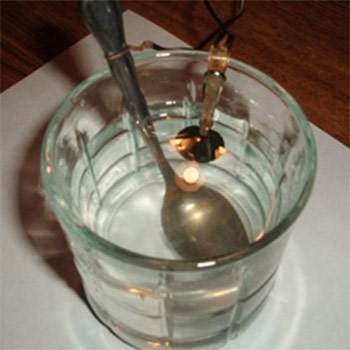
- 12 or 18 volt AC/DC adapter
- 2 Stainless alligator clips
- A glass of tap water with a teaspoon of salt and lemon juice stirred well
- Stainless steel spoon
- Baking soda (optional)
The steps in coin electrolysis
1.) Cut off the other end of the adapter (not the plug). You will then see two inner and thinner wires. Scrape off a small part of the insulator or covering of each wire to show the copper wires inside. Attach the wires on each of the alligator clips.
2.) Test which wire or clip should be attached to the coin and to the spoon. Plug in the adapter and place the two clips in the glass of water (with salt and lemon juice) in a few seconds. The one that sizzles is the negative wire and should be the clip for the coin. The other wire is clipped to the spoon.
3.) Place the spoon in the glass. Plug the adapter again and submerge the coin in the water. Be sure that the coin does not touch the spoon. During the entire electrolysis coin cleaning, only the side of the coin should be creating sizzles and bubbles. Later clouds of dirt will form which may have a foul smell, so work in an airy space.
4.) Wait for about five minutes or until you think the process is done. You must check on the adapter plug once in a while because it could get too hot. That will be unsafe; it could burn your house.
5.) When you are done with the coin electrolysis, unplug the adapter and remove the coin from the solution. Further cleaning the coins with baking soda will give better results. Rinse well.
Disclaimer:
This article has presented to you the bad and good possibilities in how to clean coins.
One of the easiest ways to ruin and decrease the value of your coin is improper coin cleaning. You can damage the piece beyond repair. Also note that cleaning dirty coins can be done using specific methods depending on coin type. Keep in mind that YOU DO THE CLEANING PROCESS AT YOUR OWN RISK. You shall be solely responsible for whatever results obtained in trying to clean old coins yourself.
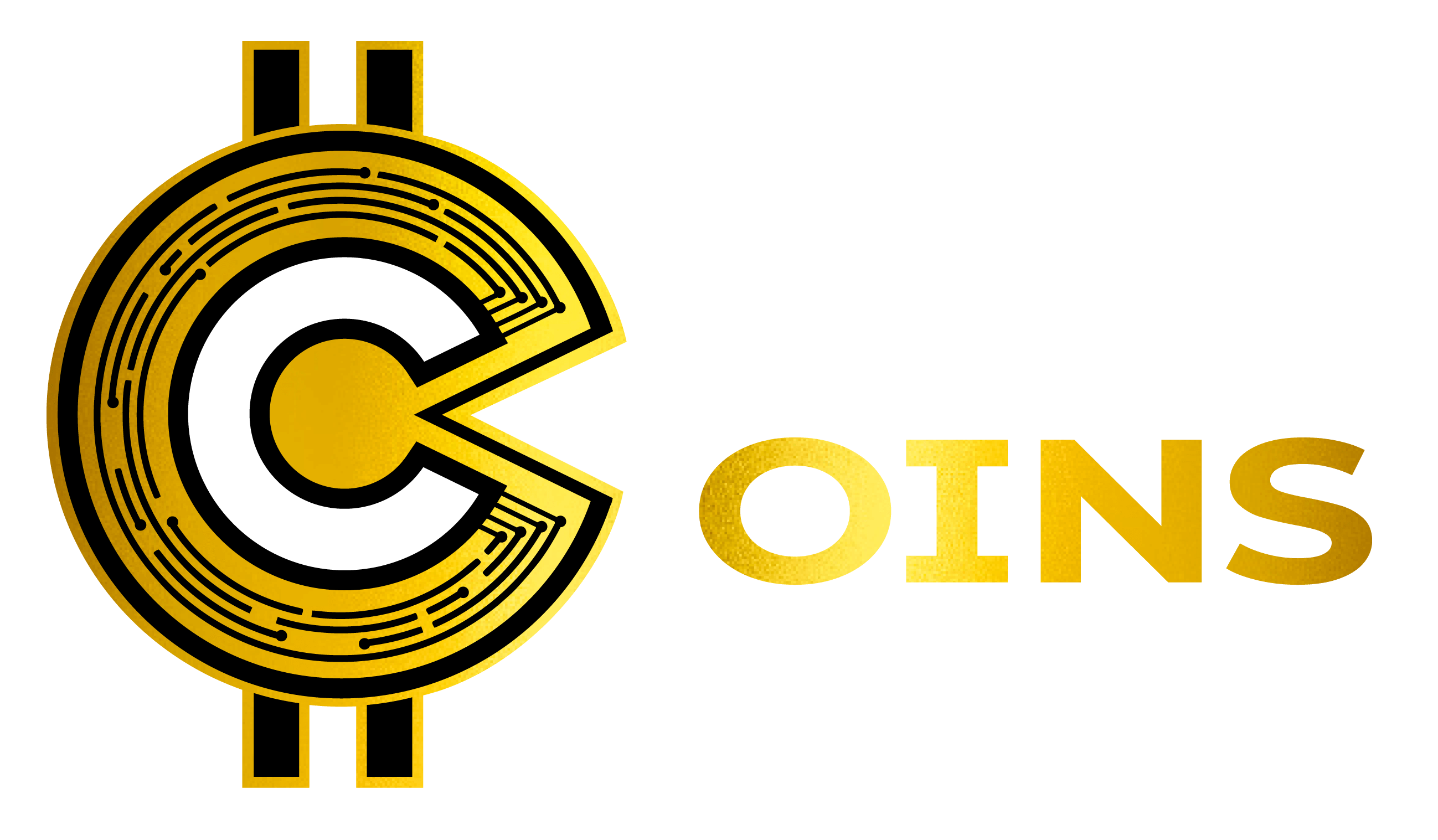
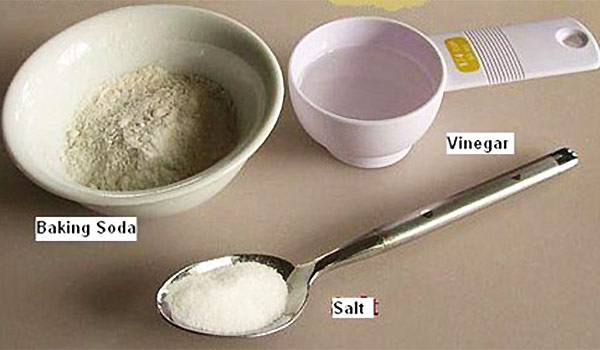




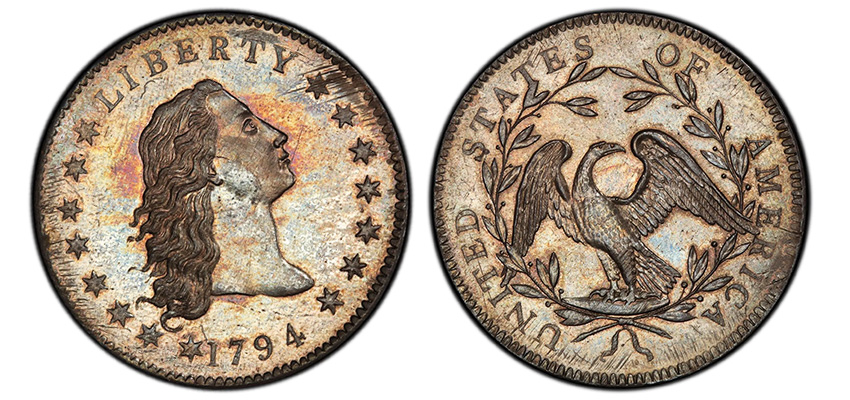
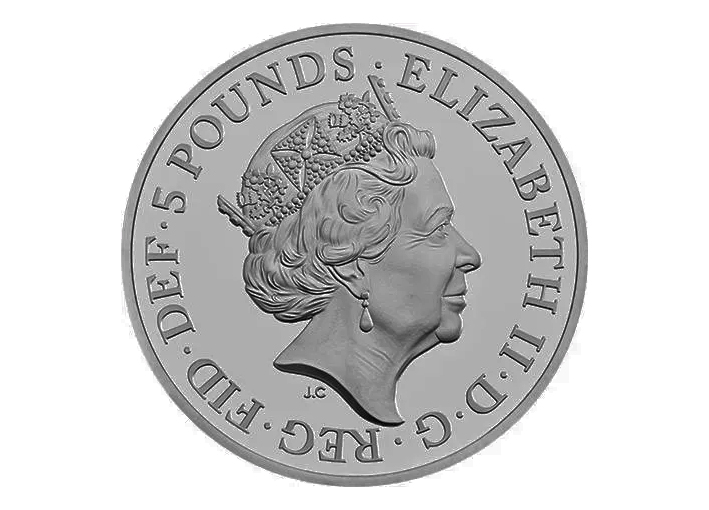
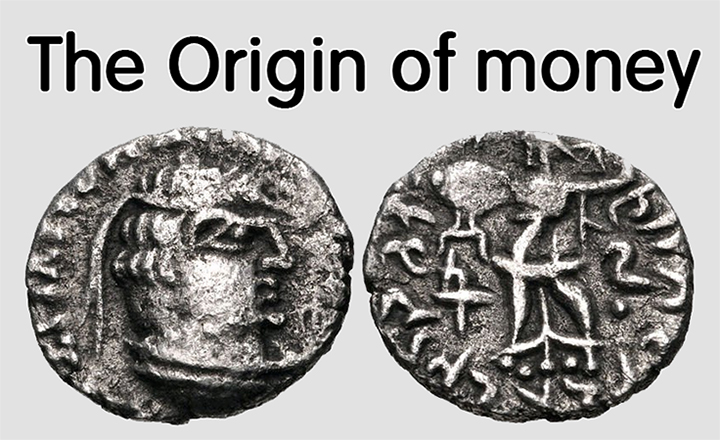
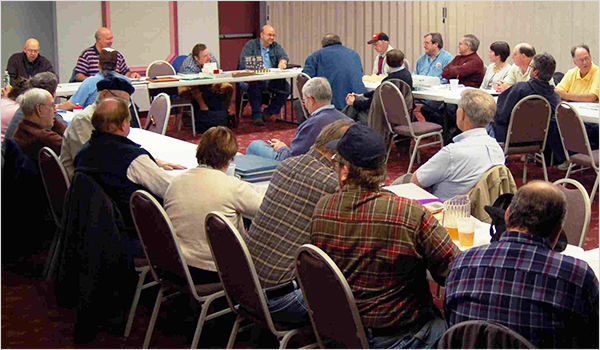

Leave a Reply